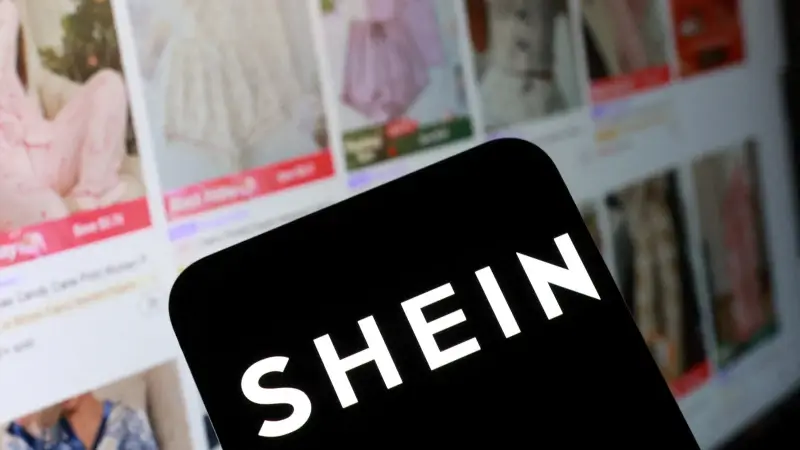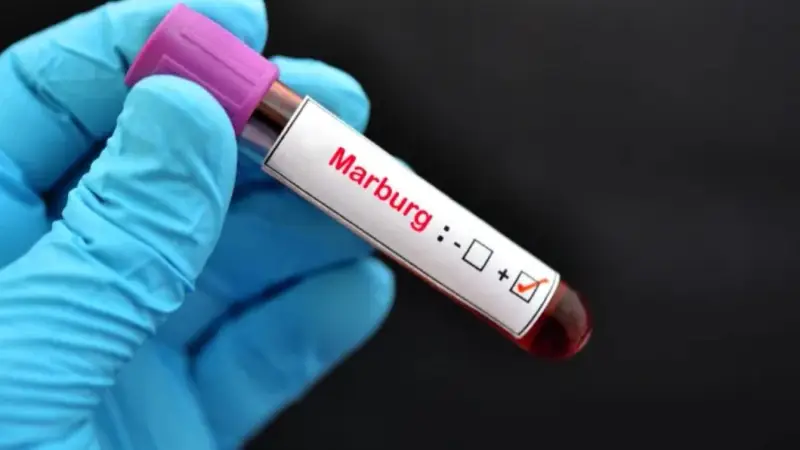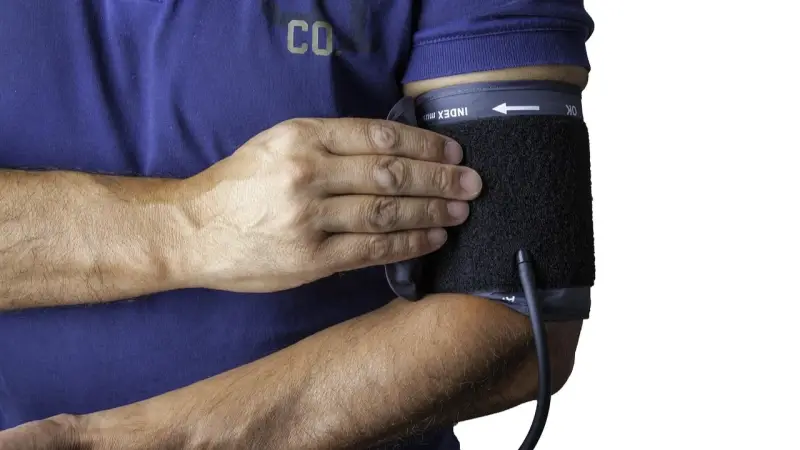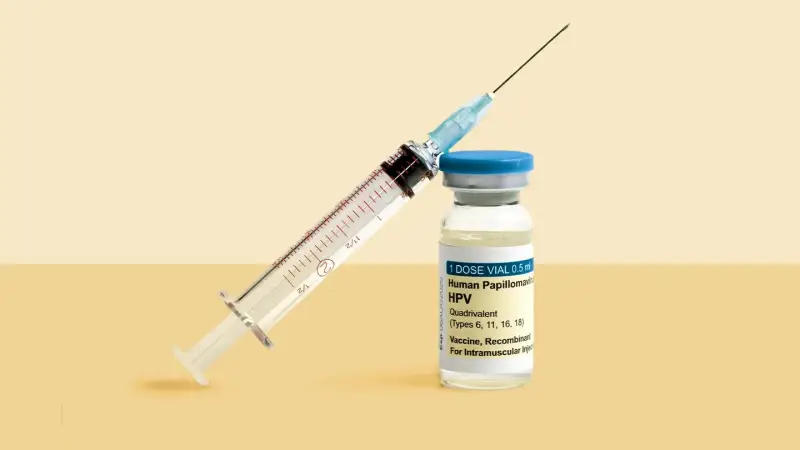
With the widespread promotion of these injections on social media, medical concern is growing due to the lack of studies conducted on humans and the increasing potential health risks.
Exorbitant prices
Injection vials are spreading through online stores at prices ranging from $300 to $600 per vial, while some health and wellness clinics offer monthly programs exceeding thousands of dollars, including regular check-ups and injections inside medical centers.
But behind this huge market lies a disturbing truth: most of these products have not undergone extensive testing on humans, raising concerns about hypersensitivity, metabolic disorders, and unknown side effects.
What is a peptide?
In the human body, a peptide is a short chain of amino acids that performs vital functions.
For example, insulin regulates blood sugar levels, while the hormone GLP-1 (which was used in the manufacture of popular slimming drugs) regulates appetite and affects metabolism.
Although there are peptide types licensed by the US Food and Drug Administration, most of the types currently circulating do not carry any medical license, and some have only been tested on rodents and animals.
Why has it become so popular now?
Manufactured peptides are not new, doctors have prescribed them for decades in cases such as stomach ulcers or nervous system disorders.
However, recent years have seen a significant increase in its popularity due to public figures talking about it as a “new miracle cure”.
Many types are promoted, such as:
* “BBC-157”
* “Thymosin Alpha”
* “GHK-Copper”
* And other substances, some of which have been banned in sports as doping agents.
Researchers warn of the phenomenon of “peptide cocktails,” where some resort to injecting 3 or 4 types per month.
Dr. Eric Topol of the Scripps Research Institute says: “This random and mixed use of peptides is what I consider very dangerous.”
The use of peptides has ballooned after being promoted by prominent celebrities:
* American media personality “Joe Rogan” talked about using “BBC-157” to recover from an injury.
* Actress “Jennifer Aniston” admitted to using peptide injections weekly to improve her skin, and today works as a “paid speaker” for a company that sells peptide supplements.
Nurse Kay Robben, who ran a clinic near San Diego, says: “If a celebrity uses it and says it worked for them, everyone will look for it right away.”
But Robben stopped offering some types after the Food and Drug Administration intervened.
Illegal market
Most of the peptides circulating online are sold illegally.
Any substance injected for the purpose of achieving a health benefit is considered a drug and may not be sold without a license from the Food and Drug Administration “FDA”.
The administration classifies some of these types as sensitive “biological drugs” that require precise manufacturing and special storage.
In recent years, 24 types of peptides have been included on the list of substances that pharmacies should not produce due to their high risks.
Dietary supplement?
Some companies are trying to market peptides as a dietary supplement in the form of tablets or powder, but the Food and Drug Administration confirms that most types of peptides are not on the list of permitted ingredients, and therefore cannot be sold in this way.
Experts confirm that oral peptides are often ineffective because they break down inside the digestive system before reaching the bloodstream.
The popularity of peptide injections is growing at an amazing rate, driven by influencers and celebrities, but behind this glamour are limited research, misunderstood risks, and an unregulated market. While some see it as an “elixir of youth,” doctors see it as a health adventure that may be costly and dangerous.
(A. B.)

















